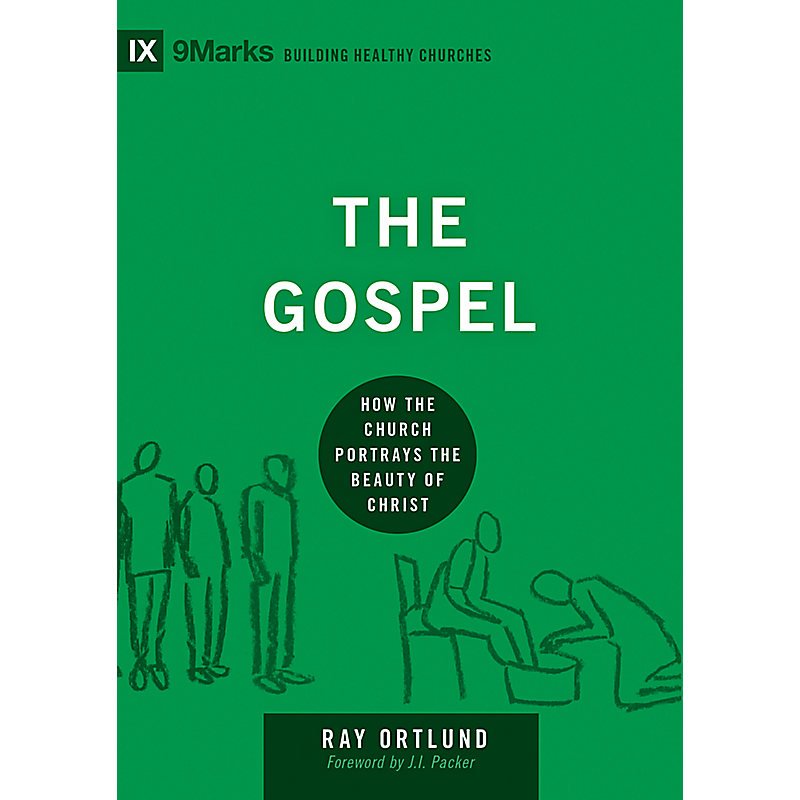One might think a book on political theology would simply contribute to the excessive focus on politics and the sickening mix of politics and religion that we are seeing with the Religious Left openly lobbying for their flawed candidates and the Religious Right arguing for theirs, too.
However, in the hangover from this election, the church will do well to pick up Jonathan Leeman’s recent book, Political Church: The Local Assembly as Embassy of Christ’s Rule. This is the book on nutrition for the glutton suffering from indigestion after binging on junk food.
The thesis of Leeman’s book is that “the church is a kind of embassy, only it represents a kingdom of even greater political consequence to the nations and their governors. And this embassy represents a kingdom not from across geographical space but from across eschatological time.”
This would be a dangerous theory if Leeman were arguing that the church has the same political purpose as a parliament or congress. There is a difference between the church and the state; they have overlapping magisteria but different means of influence. Leeman’s vision of the church and the state is not of two kingdoms, but of a single kingdom with state and church reflecting the authorities of the current kingdom and the future kingdom, respectively. Leeman stands well within the Augustinian tradition via a deep interest, though not uniformity, with Oliver O’Donovan.
Summary
This is not an introductory volume on political theology. Leeman’s discussion is a distinct approach to the place of the church in contemporary politics, but understanding this volume requires a fair understanding of the various political theologies that he is critiques and is building upon.
At the same time, Leeman’s volume begins a step before many others do by addressing some of the basic questions that one must understand before attempting a political theology. The first two chapters of the volume address the important questions, (1) What is politics? and (2) What is an institution? The various meanings of these terms are discussed in some depth before moving on. Though Leeman leaves some flexibility in the terms for his own use, his discussions of historic definitions provide context for the remainder of the book.
The next four chapters outline a positive political theological using a biblical theology as a foundation. The chapters run along the progression of creation, fall, redemption, and restoration.
The chapter on creation places God at the center of all politics. He made this world and is the just and righteous judge of all things. It is his authority that is represented through the work of both the government and the church. The nature of politics is shaped by the nature of the creator God.
In dealing with the fall, Leeman goes beyond the actual original sin of the primal couple to discuss how falleness has influenced all human interactions since that time. Leeman walks through the biblical storyline to show how sin has influenced government and increased the need for its justice.
The chapter on the politics of the new covenant focuses on the ongoing need for the work of the cross to be done in public. This means repentance, forgiveness, and good natured striving for the common good. Leeman is careful to distance his view from theonomy. In fact, he notes that attempts to bring about the eschatological kingdom on earth now never end well. Instead, Christians should work to apply the gospel as much as possible to earthly situations as one would expect of citizens on the new covenant kingdom.
The last chapter deals with the politics of the kingdom. However, this doesn’t refer to the eschatological kingdom, but is an especial focus on the polity of the local congregation. Leeman exercises his Baptist muscles in talking about the importance of church membership, credo baptism, and right practice of the Lord’s Supper. These are elements of the church that prefigure the coming kingdom. By being faithful to justly administer its own borders, the church stands as witness to the kingdom that is to come. The church is a political body because its policies and ministry influence the world, though it begins at a very local, individual level.
Analysis
Leeman’s book is a helpful approach to political theology because it begins with the narrative of Scripture and asks what the text says about the church’s political engagement. By beginning with the ideas of Scripture and working out, he formulates a much more distinctively Christian political theology.
In other words, political theology generally begins with a vision of what good is, which is often derived from an interpretation of Scripture. However, most political theologies then apply an extra-biblical method to achieve the desired goods.
For example, the Social Gospel movement sought (or seeks) to bring about the kingdom largely through a Rawlsian approach to government that favors strong individualism and a preference for government engagement in solutions at nearly every level. This approach then creates an implicit need for the church to pursue justice by seeking greater government control and introducing more radical human freedoms. The church’s main role in this vision of political theology is as a lobbyist to influence the state’s earthly authority.
A similar criticism could be levelled against movements that are more theologically conservative, as well.












